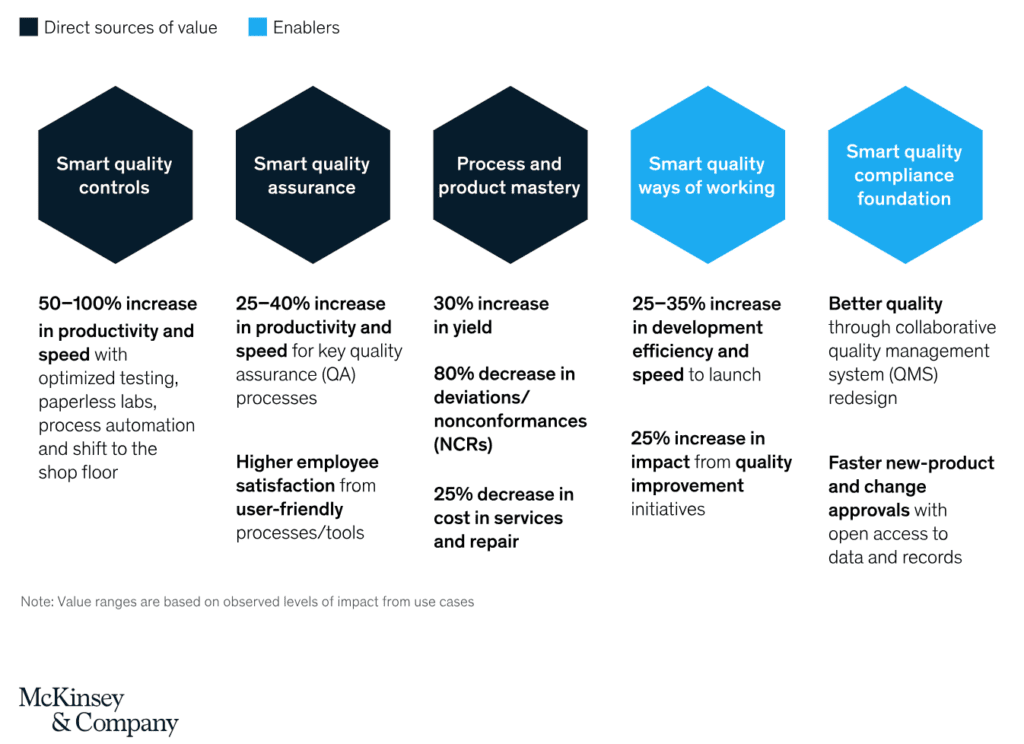@2021 invictIQ is a venture by Sprint Consultancy. All rights reserved. Privacy Policy.

How To Elevate Elderly Care Through Digitising Audit Records?
by Mark Topps
Digital methods are evolving the way we work and paper processes are being left behind. Auditing within social care services is a vital aspect of maintaining oversight of the quality of our teams, ensure we are meeting the recommended and set target and highlighting areas that we can improve on, however the days of stacks of paper, manual entries and spreadsheets will soon disappear.
It was great to host a panel conversation at this year’s Care Managers Show and hear from Katie Thorn, Digital Social Care talking about digital statistics and how homecare are further along the journey than their counterparts in care homes.
Whilst there is a large emphasis at the moment on digitising care plans, providers should also be looking at what else they can digitise and streamline, and I know from my Registered Manager days, audits took up a lot of my time.
In this week’s blog, I look at some of the benefits of digitising audit records.
Increased Efficiency
It is probably an obvious factor, but digital audit systems remove the manual entry that your team will have to make, resulting in less time and effort. I remember having the audit, writing all over it and then having to transcribe this onto a new version of the audit so it was clear to read. Digital audits remove this, saving time and paper.
Not only does it save time and paper, but it also allows you to manipulate the data into tables and visuals to tell a story to stakeholders, teams etc. Many systems remove the manual chart process and will populate the data into tables and charts, so all you have to do is click download and you have them at a click of a button.
Cloud based systems, allow for faster access and retrieval, often using filters such as month and year or via searching keywords. This improved access will see an overall reduction in the amount of time staff spend shifting through paper files and for larger organisations the cost in having archived documents held offsite, returned and re-archived.
Enhanced Accuracy and Accountability
We are all human, and mistakes happen, and this is a lot more likely to happen on paper than on a digital system. Many systems will have validation rules to ensure information is not missed, reminding you to complete certain sections and flagging where it believes there are inconsistencies or anomalies.
It may be that you have several members of staff who undertake the audits in your service, and digital systems will timestamp every action made within the system and track any amendments which increases the accountability and transparency of your service.
Not only are systems timestamped, but you have the ability to upload notes, comments and supporting documentation onto the system, so from a compliance perspective, you can really evidence actions you have taken to address any areas of concern.
Increased Accessibility
The days of having to drive to a service, to spend long periods of time looking through audits, checking them, ensuring actions have been taken are dwindling. Digital systems are cloud based, meaning that you can access them wherever you are. This accessibility reduces travel costs, saves on time and means that there can be better collaboration between staff looking at results/findings etc.
Not only can you access the audit anywhere and at any time, digital systems work in real time, so it could be that your staff are undertaking the audit and you can see the results/actions/outcome as they are being completed.
Many digital systems integrate with other systems, which means that you can utilise this to your advantage. You can increase the amount of data being collected to make better informed decisions for your business, the team and the people you support.
Cost Savings and Environmentally Friendly
Digital systems are more cost effective and environmentally friendly, it is as simple as that. You will save on paper, printing costs and archiving fees in the long run.
Most services will have someone who completes the audit, with the manager overseeing the findings and ensuring any issues are actioned. With digital records, this can still happen, but there will be an element of time being saved. Digital audit systems are more efficient and speedier, allowing staff to spend more time with other tasks or the people they are supporting.
Digital auditing systems can be costly, for example you will need to purchase licences, ensure staff are trained in the system and the cost of implementing and maintaining it within the service, however just like digital care plans, the cost savings outweigh the implementation costs in the long run.
Increased Security
We know that paper records aren’t the most secure way of collating information, and digital systems ensure that data can remain confidential and secure. The majority of systems have access controls and user permissions which will restrict anyone who does not need to have access from viewing it.
The automation of digital audits increases the overall compliance as the system will identify and alert any errors and missed data.
Electronic systems create digital footprints, capturing details of all changes a user makes and the time they make them. This traceability enhances accountability and will support you in your regulatory inspection.
Physical records are susceptible to being lost or damaged by drinks, floods, fire etc and this is not a risk with digital audit records that are stored in the cloud or on an off-site backup system, ensuring data is protected and easily recovered. From a business continuity point of view, this is a massive benefit when comparing paper to digital systems.
Repurposing Space
As we move our services digitally forward, we continue to reduce the amount of paper, which in turn reduces the amount of filing cabinets and storage space needed. I have seen great examples of how care homes have been able to turn their old archive rooms and/or offices into staffing areas, an additional lounge and in one service, a sensory room.
Increased Collaboration
We know that digital enhances collaboration and electronic audits are no different as they provide an opportunity for people throughout the organisation to access the results without being in the service, allowing directors and other senior team members greater oversight of the service.
In my organisation, the system is set up with workflows, which means that it allows administration staff to undertake an audit, with management being alerted to the actions required. Once actioned by managers, the system then alerts senior teams, who can review the results and actions taken. Effective workflows allow a complete oversight of what is happening at an operational level. I have often found that I can then utilise this by extracting the data, putting into excel to create visual tables and graphs and often send it across to my colleagues in the tech team who are able to use the data to identify trends which in turn allows me to make informed decisions to prevent issues happening in the future.
A Solution
audIT On Cloud by InvictIQ transforms the audit processes for care organisations. This digital solution eliminates paper-based audits, manual collation, and reporting, enabling seamless digitisation. With audIT On Cloud, organisations align audits with UK regulatory standards, saving time and effort while ensuring compliance. The platform simplifies data gathering and analysis, empowering data-driven decision-making and continuous improvement. audIT On Cloud helps care organisations streamline operations, make rapid intervention and improve care quality and experiences through:
- Improved outcomes through raising standards in audits.
- Increased accuracy from real time audit records
- Better risk management across all areas of delivery
- Multi-person, simultaneous collaboration and access to audit records
- Savings of ~60% operational time spent on audits.
What we all want is our teams to have more time to spend supporting the people we look after, and digital systems really allow this to happen. Digital audit systems have the potential to revolutionise your organisation, save you time and money.
MORE ARTICLES

Mark Topps is a social care leader who has worked in the care industry since 2004 and is currently working as a regional support manager. He regularly advocates, appearing on television, radio and podcasts and has started many campaigns for change in legislation and culture within the industry. Mark is the co-founder of The Caring View which is a social care podcast, YouTube show and free resource initiative for the sector. He also co-founded The Health and Social Care Club, which is an audio event hosted on LinkedIn. Mark is also the social media and marketing director at the National Association of Care and Support Workers.
Share
Sign up for our newsletter

